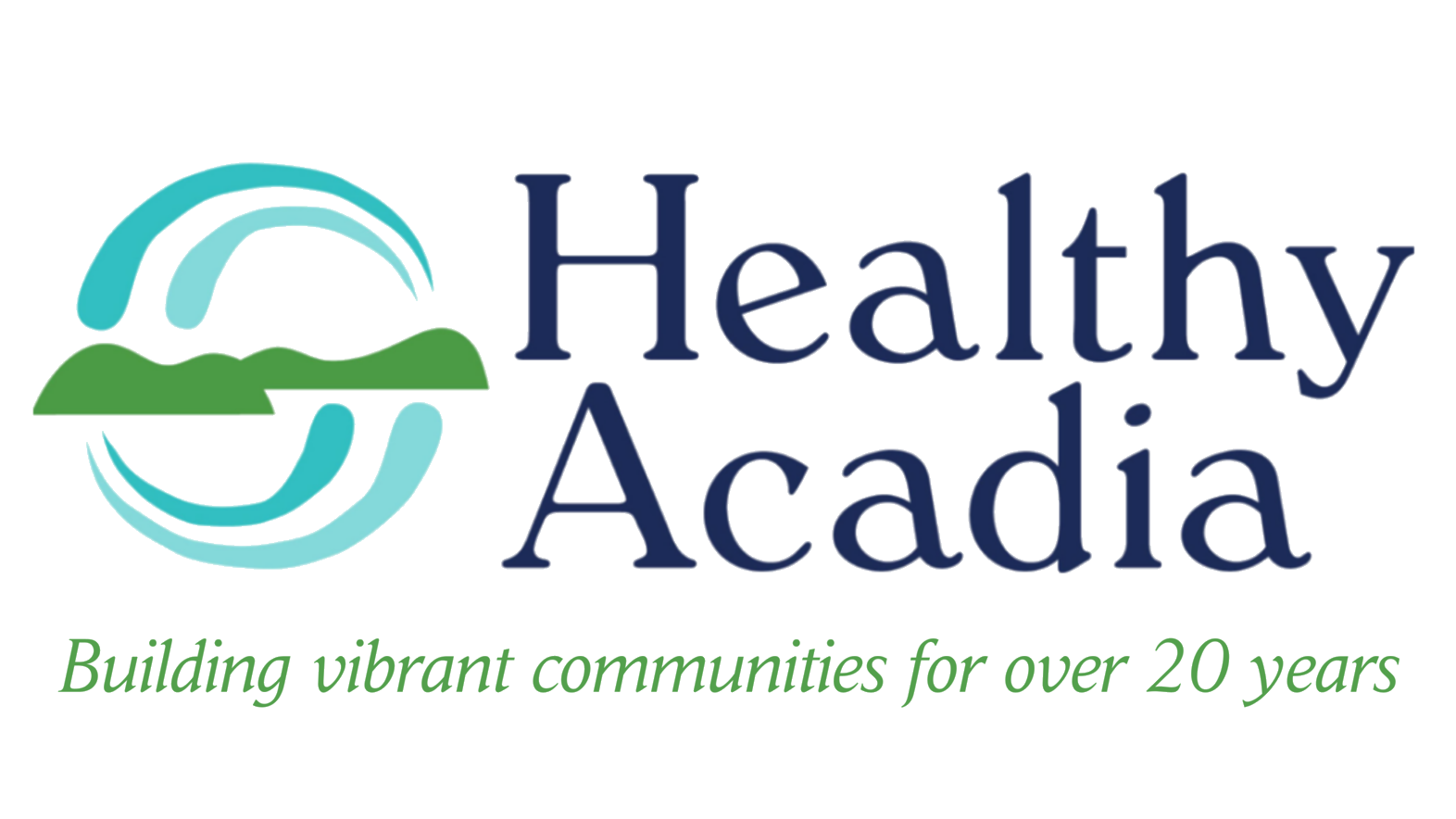Safe Medication Storage and Disposal Can Prevent Accidental Poisoning
Each year, more than two million poisonings are reported to the nation’s poison control centers. As part of National Poison Prevention Week (March 14-22), we are highlighting the importance of safe storage and disposal of prescription and over-the-counter medication in preventing unintentional poisonings among people of all ages.
Safe Medicine Storage
Medications play a crucial role in maintaining our health and treating various illnesses. Safe medication storage and disposal is an important aspect of medication management that often goes overlooked. Proper storage and disposal of medication can help prevent accidental poisonings due to medication errors and medication misuse, and can also reduce the risk to children and pets who may accidentally ingest them.
Medications should be stored in a locked cabinet or drawer, out of sight and out of reach of children. This is especially important for those medications that are brightly colored or look like candy.
Always store medications in their original containers, with the label intact. This ensures that the medication is identified correctly and that the expiration date and proper dosage information are visible.
Check expiration dates periodically. Expired medications should be discarded safely. They may not work effectively, and they can also be harmful.
Dispose of Medications Safely
When medications are no longer needed, it is important to dispose of them safely. Unused or expired medications should not be poured down the drain or flushed down the toilet, as they can pollute the environment and pose a risk to human health. Some medications can also be attractive to animals, which can lead to unintentional ingestion and poisoning.
There are several ways to safely dispose of medications:
Use a take-back program or prescription drug drop box. Many communities have take-back programs that allow individuals to drop off their medications at designated locations for proper disposal. Click here for a list of drop boxes in Hancock and Washington counties.
If you are unable to access a drop box or take-back event in your community, Healthy Acadia has a limited number of Deterra medication deactivation pouches available. The Deterra medication deactivation system is a drug deactivation pouch that neutralizes over-the-counter medicine and prescription medicine to provide a safe and convenient alternative to other disposal mechanisms. The Deterra pouch is easy to use and once medications have been placed into the pouch, it can be thrown away with your regular household trash.
Click here to request a pouch.
In some instances, you may dispose of medications in the household trash, but this should only be done after taking certain precautions. The medication should be removed from its original container and mixed with undesirable substances, such as coffee grounds or kitty litter, to make it less appealing to animals and people. Contact your pharmacist for recommendations.
When accidents happen with chemicals or medicine, call Poison Help at 1-800-222-1222. Get help right away from a nurse, pharmacist, or other poisoning expert. If someone has trouble breathing, call 911 or your local emergency ambulance number right away. www.PoisonHelp.HRSA.gov.
